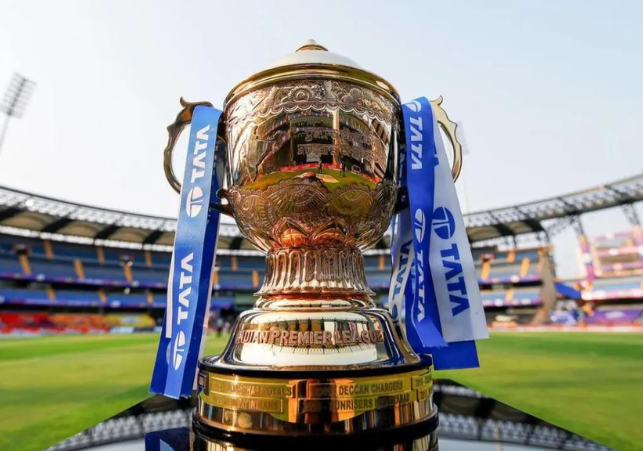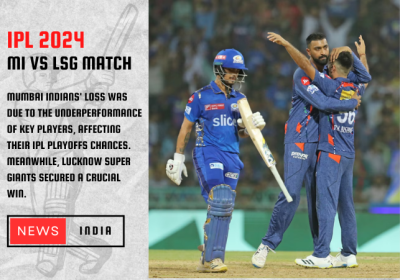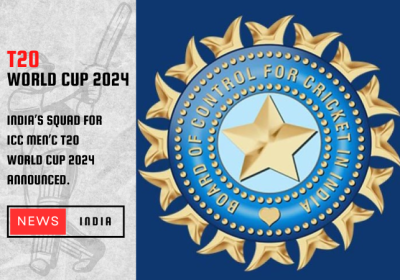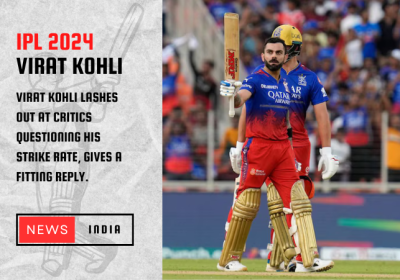IPL 2024 Introduces Swift Decision-Making with Smart Replay System for DRS
IPL 2024: ICC won't acknowledge these two major rules of BCCI; fielding team to receive tremendous benefit.
IPL 2024 Introduces Swift Decision-Making with Smart Replay System for DRS.
The Board of Control for Cricket in India (BCCI) often introduces new rules in every season of the IPL to help advance the game. This time, BCCI has implemented a major rule for the assistance of bowlers while also introducing a new system to ensure that decisions by the third umpire are not delayed unnecessarily.
The spectacle of the world's biggest cricket league is about to begin again. For fans eagerly awaiting the start of the new season of the IPL for the past ten months, the moment has finally arrived. On Friday, March 22, at the M.A. Chidambaram Stadium in Chennai, also known as Chepauk Stadium, the IPL 2024 season will kick off with a clash between the current champions Chennai Super Kings and Royal Challengers Bangalore. As always, this season will see new players eager to showcase their skills, while hopes for a new champion will also be high. Besides all this, a new rule will also be introduced in this year's IPL, but BCCI is not implementing two new rules of the ICC in the tournament.
Bowlers will benefit.
In the 17th season of the IPL, a battle will unfold among ten teams for the title. While every season is special in its own right, this season is set to be particularly significant for fast bowlers. The power of bowlers who excel in hitting the small boundaries on these grounds has increased this season because the Indian board has allowed two bouncers per over. In T20 internationals and other T20 tournaments around the world, the rule permits only one bouncer per over. The BCCI had introduced this rule for the first time in the previous season of the domestic T20 tournament, the Syed Mushtaq Ali Trophy, and now it is being implemented in the IPL as well. Similar rules are already in place for Tests and One-Day Internationals in international cricket. The Indian board has decided to introduce it in the world's most famous T20 league, and its success here could potentially strengthen its case for implementation in international T20s as well.
The BCCI will not adhere to two rules recently implemented by the ICC in international cricket. One of these rules is entirely new - the stop clock, which means a time limit between two overs. ICC has decided to implement this to prevent time wasting in T20 cricket, whereby only 60 seconds will be allowed to start the next over after one over ends. If this doesn't happen, the fielding team faces penalties.
Meanwhile, the second rule is not entirely new; rather, there is a change in the existing rule. Until now, in the case of stumping, the third umpire has also checked the possibility of a catch and then proceeded to check the stumping. However, teams were misusing this, prompting the ICC to put a halt to checking for a catch in stumping situations. BCCI does not agree with this decision and has maintained the rule of checking catches along with stumpings in the IPL. BCCI believes that this will prevent potential losses for the fielding team.
Decisions under the Decision Review System (DRS) will come quickly.
In the IPL 2024 season, another new technology will be introduced to make the job of the third umpire easier. With the advent of the Smart Replay System, umpires will find it much more convenient to make decisions. High-speed cameras will be installed on the field for the review system, and two camera operators will also be stationed with the third umpire. In addition to this, BCCI has also introduced the Smart Replay System, wherein the third umpire and the Hawkeye operator will sit in the same room, and the third umpire will directly see the images from the Hawkeye camera. This will reduce the delay in reviewing and decision-making, and decisions in any referrals or close calls will come more quickly.



.png)


